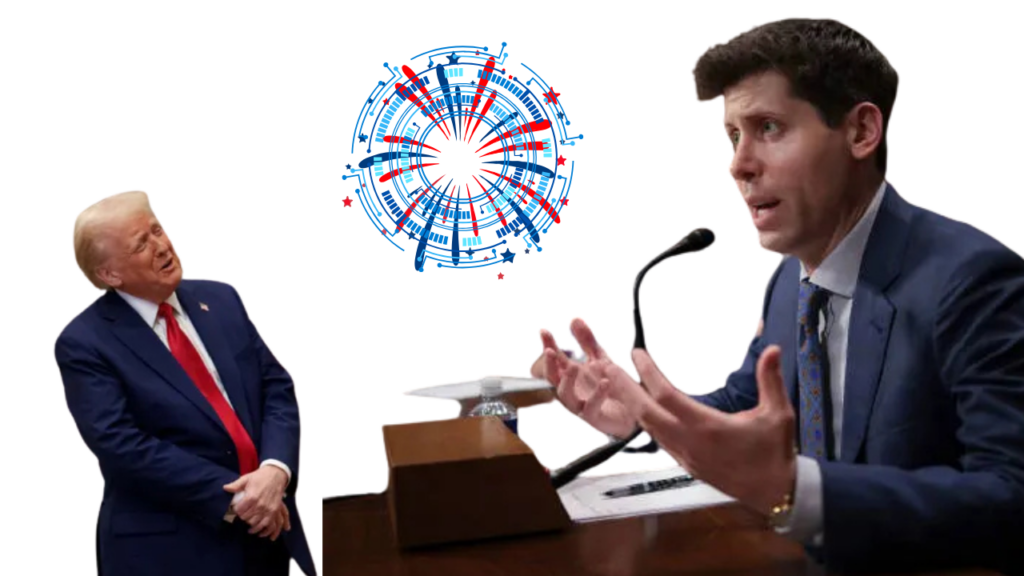When OpenAI’s CEO Sam Altman in 2023 challenged that India does not have the capability to build a large language model similar to ChatGPT, it received a widespread backlash on social media spheres in India. Now, fast forward to 2025, the recent Stargate Project announcement in the US backed by OpenAI, Oracle, SoftBank, and MGX is an endorsement to the fact that there was indeed some truth to the argument made in 2023.
In a recent demonstration of its much-hyped Apple Intelligence, Apple faced an embarrassing setback when its AI-powered news summarization feature produced inaccurate and incoherent briefs. This failure, which quickly went viral on social media, underscored the challenges even the most advanced tech companies face in delivering reliable large language models (LLMs). Apple’s stumble is not an isolated incident. Google’s Gemini, despite its ambitious promises, has struggled to keep pace with OpenAI’s GPT models. While India is nowhere to be seen in the artificial intelligence sphere of influence, the technology giants such as Google, Apple, and Microsoft too are nowhere near to what OpenAI already offers.
The recent announcements by Google and Microsoft reiterate the fact that if you don’t have the capability, it’s smarter to partner with the devil. Google has plans to invest in Anthropic’s Claude LLM model to develop a similar capability. While Microsoft leads by example to partner with OpenAI itself and continue with its own artificial intelligence journey, there seems to be a gap in adoption of open-source large language models such as Meta’s LLaMA and High-Flyer’s DeepSeek.
For developers, open-source AI models are essential especially when looking at innovating independent research. Though LLaMa does not seem to be reaching its potential, the latest R1 model of DeepSeek seems to be competing with OpenAI’s GPT model. The only thing that stops innovation is DeepSeek’s Chinese roots. The world is not yet ready to adopt it anytime soon leaving a door open for China to develop its capabilities faster.
Unfortunately, geopolitics dictates where innovation is going. And so, Microsoft’s CEO Satya Nadella’s pitch to see the future through AI agents seems disheartening as it pushes the narrative of future businesses surviving only on other large language models rather than putting efforts on building and developing better large language models. The way I see it, the next decade is not going to snatch your jobs because of upcoming AI agents but would rather demand you to tame these agents to help you grow in your chosen field of career.
